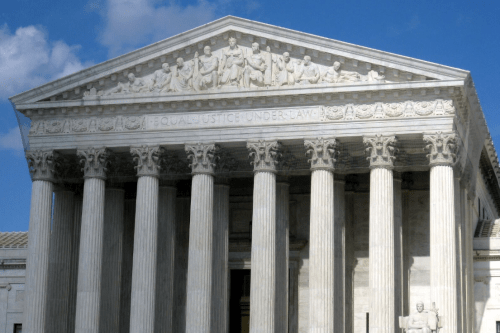As I discuss in my new book, “Al Qaeda, the Islamic State, and the Global Jihadist Movement: What Everyone Needs to Know,” one of the remarkable surprises about the post-9/11 era is the relative lack of successful terrorist attacks on the U.S. homeland. Although terrorists struck at the Boston Marathon, Fort Hood, and other locations, their success rate in the last 14 years is poor. The dire predictions made just after the 9/11 attacks about a rapid pace of mass-casualty strikes to come, including some with unconventional weapons, have not been borne out. This record holds true even if some of the near misses, such as the 2009 attempt to down an airplane over Detroit, are included in the casualty total. The causes of this success—whether successful homeland defense, aggressive counterterrorism abroad, or just limited numbers of incompetent terrorists—is hotly debated, but success it is nonetheless.
Yet this success is not borne out in public perceptions of the terrorism threat to the U.S. homeland and the proper response when an attack occurs. The perceived threat doesn’t seem to be linked to the actual threat. The 1970s, for example, saw far more attacks on the U.S. homeland by an area of Puerto Rican nationalist, leftist, and militant African American groups. Yet we don’t remember that era as a time of terror (bell bottoms and disco aside). Since 9/11, right-wing terrorists have done more attacks and killed more Americans in the U.S. homeland than Islamist terrorists, but the public and counterterrorism focus is overwhelmingly on the latter danger.
Perhaps these misperceptions stem from politics. Polls consistently show terrorism to be an issue that mobilizes the American people. As a result, politicians of both parties have an incentive to raise the specter of terrorism to pursue policies they favor for other reasons. And there are fewer incentives to raise the flag of terrorism when discussing groups whose agendas include components (though not support for violence) that may be shared by some segment of the American people. But perhaps the problem is inherent to low-probability but highly publicized events (think shark attacks) that are difficult for people to normalize.
The result, in any event, is a failure of resilience. Some terrorist attacks by some groups are likely at some point in the years to come—a prediction that both terrorism optimists and pessimists would agree on (they would disagree simply on what “some” means in practice). Yet rather than accept that counterterrorism is imperfect, the bar for success seems to get higher and higher. Ironically, this makes it easier for terrorists to “win” (at least tactically), as minor successes can be portrayed as major accomplishments.


Commentary
Why aren’t Americans more resilient in the face of terrorism?
September 18, 2015